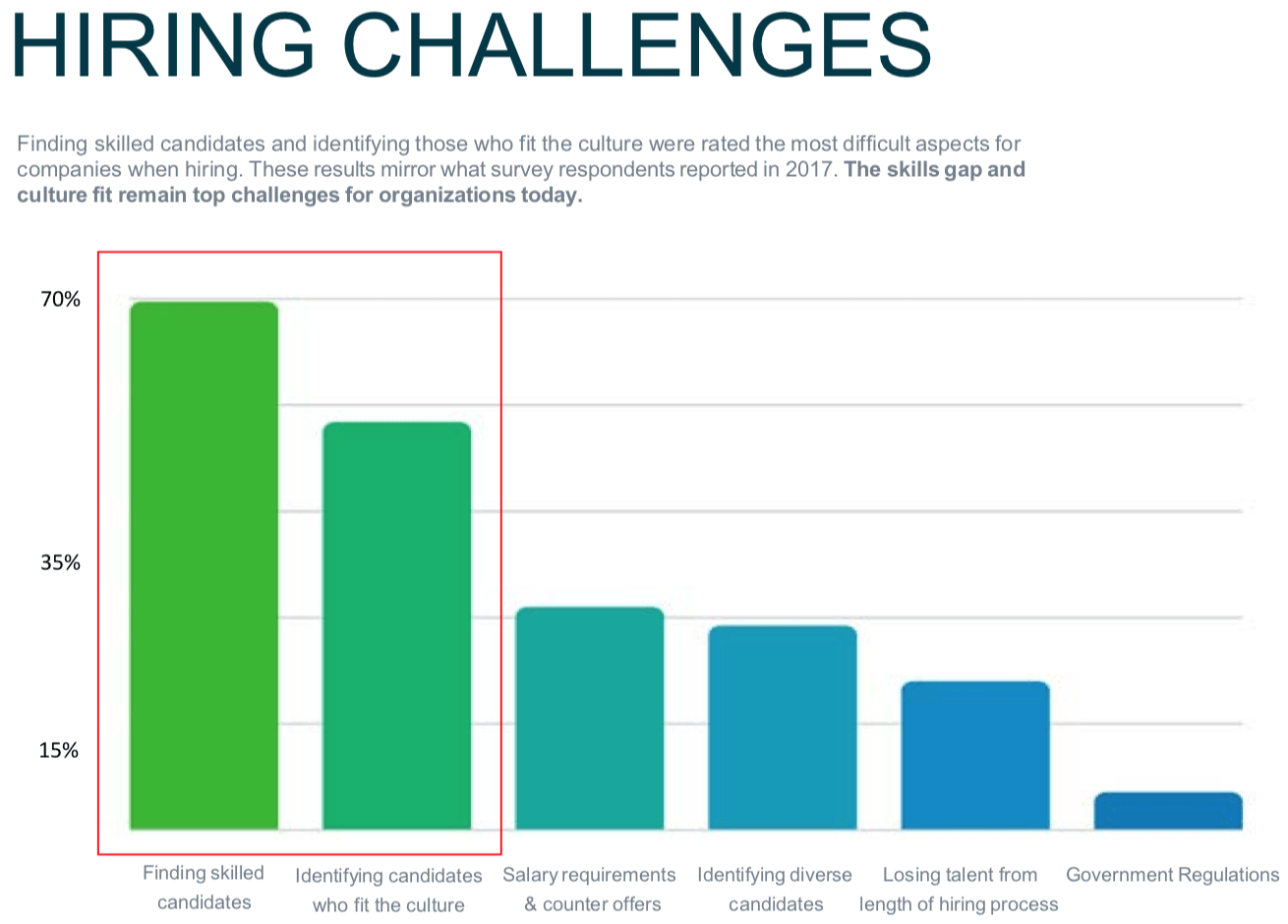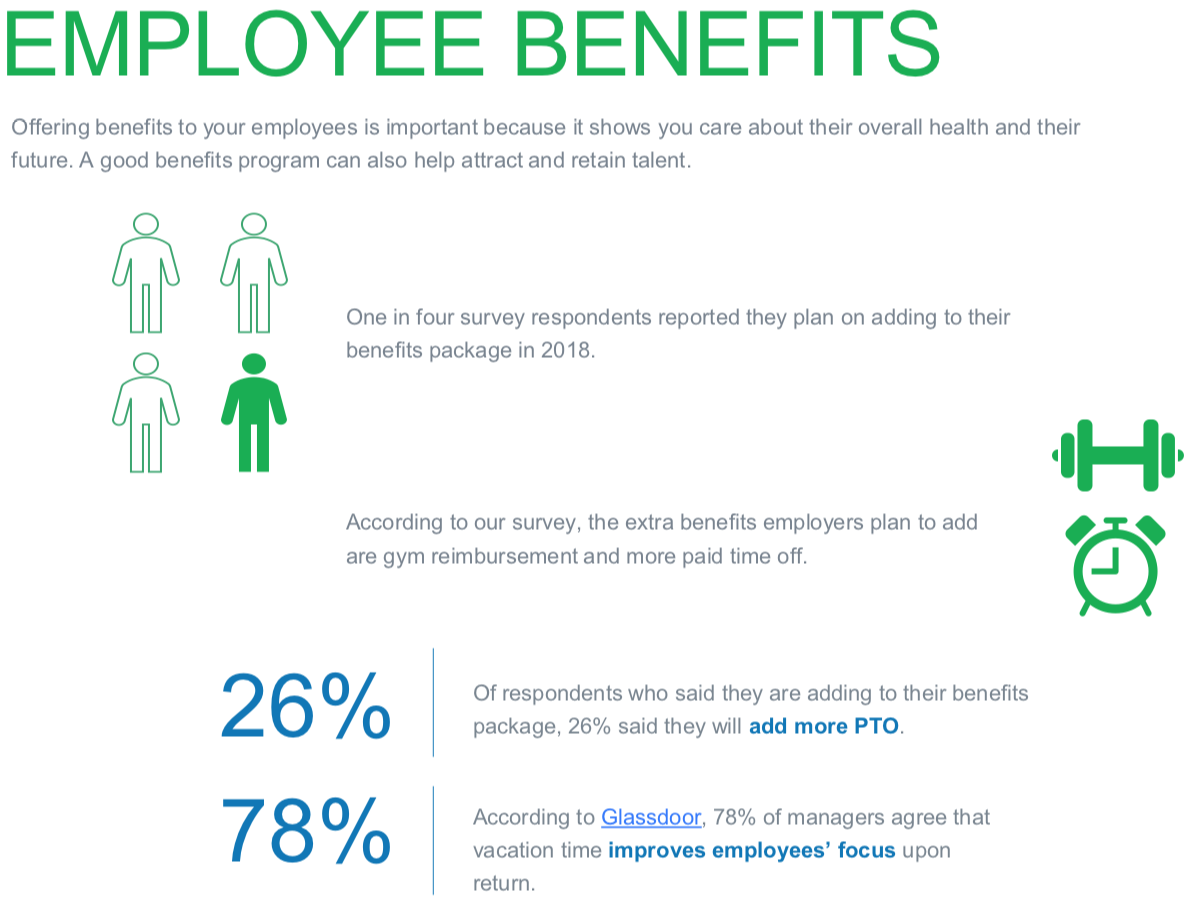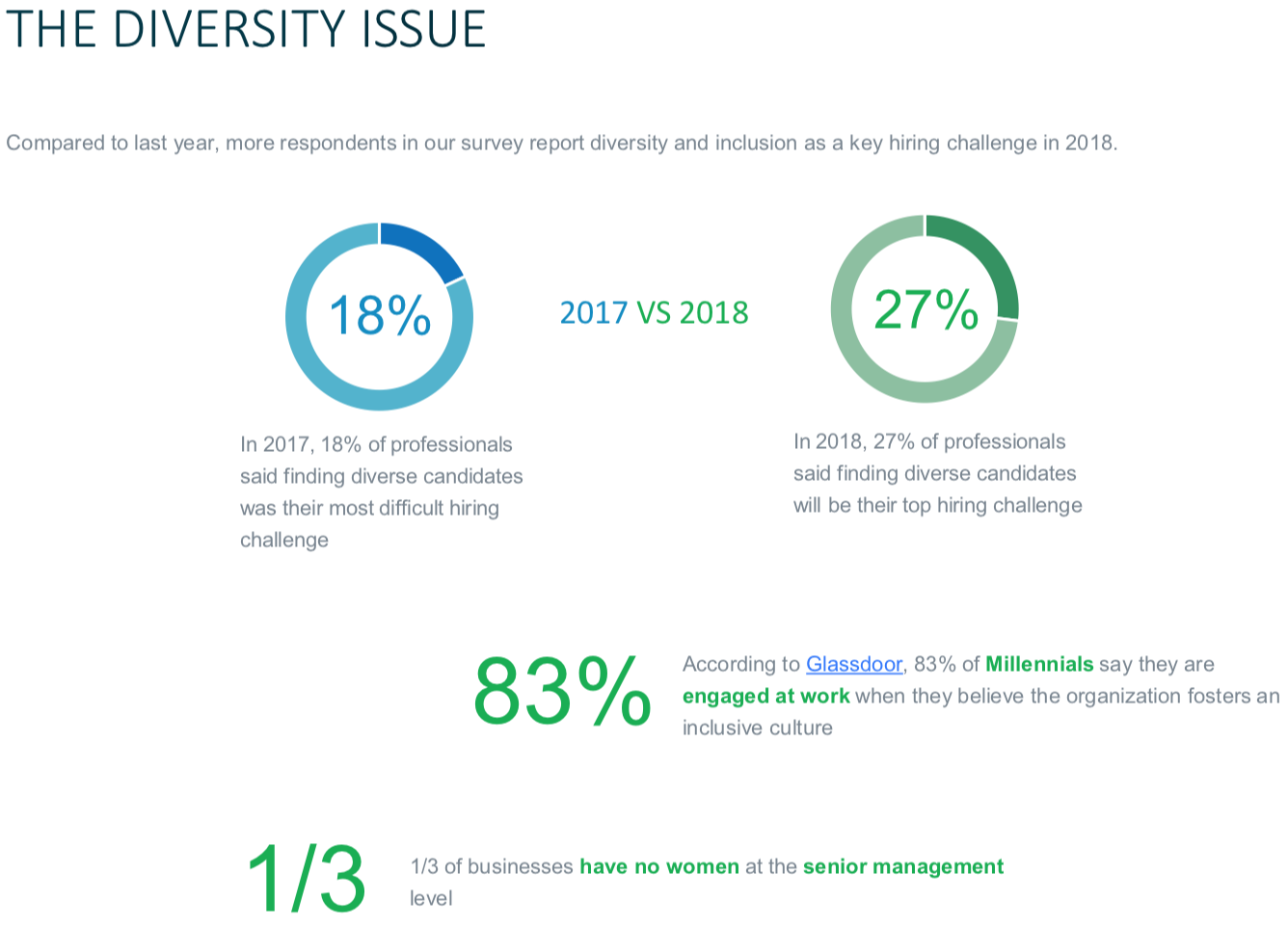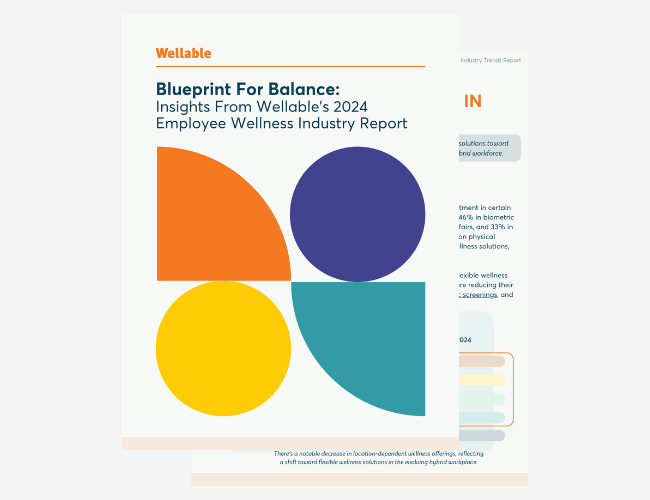
As the economy continues to show strength and with unemployment at its lowest point in years, finding and retaining quality employees is becoming increasingly challenging. This is according to a LaSalle Network survey of more than 4,000 professionals that found 70% of managers identify finding job applicants with the necessary skills as a top hiring challenge and roughly half saying finding workers who fit workplace culture is also a major hiring hurdle. Essentially, the labor market is tightening and the 65% of employers looking to hire in 2018 (up from 50% in 2017) need to create compelling reasons for new employees to join their organizations and existing ones to stay.
Traditionally, employers would respond to the job market by increasing compensation packages, which is why wages tend to rise near the end of an expansionary business cycle. However, times have changed, which is evidenced by fewer employers reporting plans for increasing wages than last year (48% in 2018 vs. 58% in 2017). Among the employers that plan on raising pay, two-thirds plan on 3% increases, while most of the rest are planning on smaller increases.

Since employers clearly recognize the challenges of recruitment and retention but are responding minimally with higher compensation, they must identify other ways to ensure they possess the right talent to succeed. In a break from the past, employers are more heavily relying on boosting benefits. According to the survey, 26% of employers say they plan on increasing benefits. A quarter of those (8% overall) say they plan on providing employees with more paid time off. In addition to being attractive to employees, companies also justify higher vacation benefits because employees are more productive when they are recuperated from time off from the stresses of the job. A similar number of employers are expanding wellness benefits by offering gym discounts or reimbursements in an attempt to produce a healthier, happier, and more productive workforce.
More employers are also reporting challenges in assembling a diverse workforce, with 27% citing difficulty recruiting candidates from a variety of backgrounds, which is up from 18% from last year.
Also, one-third of those surveyed said their organization does not have any women in senior leadership.













